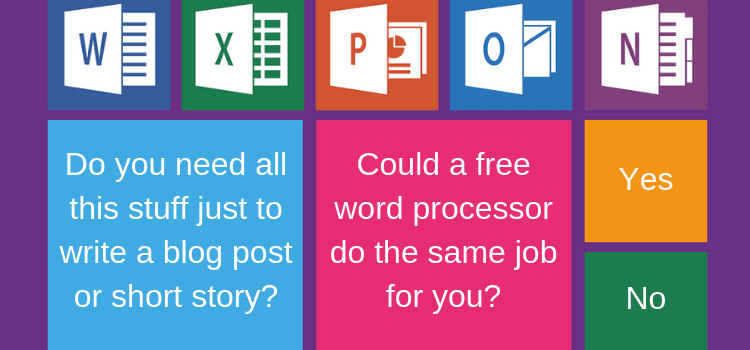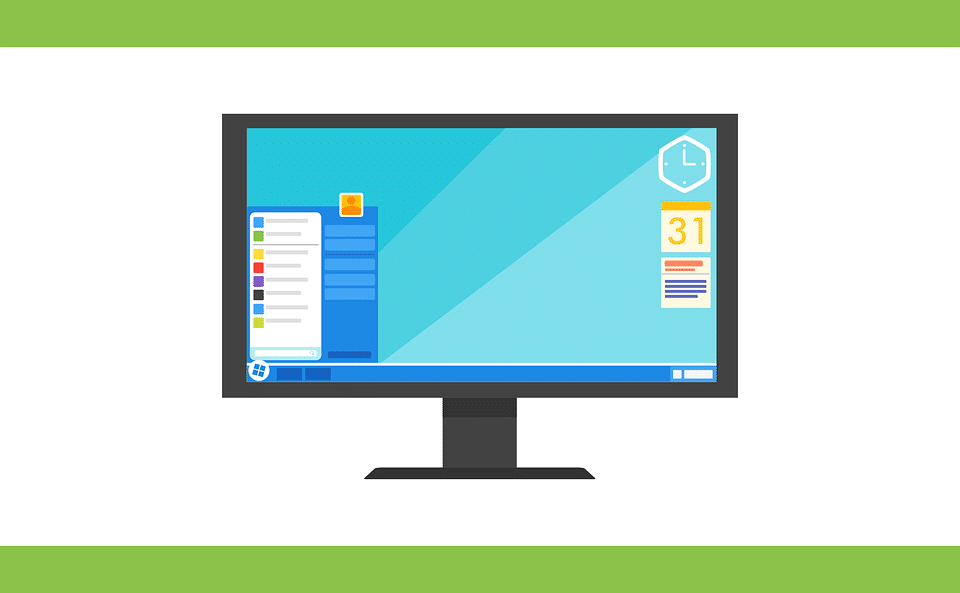

The communities around each of the open source projects have a natural interest to support new features and many projects strive to be forerunners in these areas. Luckily, a lot of software already supports IPv6 - and especially open source software. But not being compatible means that every piece of software communicating on the internet has to be re-written to support IPv6.

The Internet Society on the other hand has tried to initiate a movement encouraging ISP, webiste and hardware vendors to take the leap to IPv6 anyway - and thus promote their businesses by using cutting-edge technology.Īnother reason why IPv6 has taken such a long time to be accepted is that it is not compatible with IPv4, even though they can exist side by side. ISP, hosting providers and other companies on the internet have been repluctant to start offering services on IPv6, primarily because of the investment required both in hardware, software and training. IPv6 has been around for many years but the deployment very limited - and mainly used for research within companies and institutions. Today (6/6/12) was been chosen by the Internet Society to mark the launch of IPv6. But lets just assume that we will not be running out of IP address ever again. It a huge number - difficult for most people to understand. IPv6 solves the IP address issue simply by introducing a new type of IP address that can handle 3.4e+38 - or 4 billion times 4 billion times 4 billion times 4 billion. The sharing of addresses makes it difficult for devices to communicate freely on the internet, thus limited functionality. However, clever manipulation allows some devices to share IP addresses with other devices, but this is not an ideal situation. With the number of devices currently on the market - computers, smartphones, smart tvs and set-top boxes - we are already out of addresses. In order for one device to communicate with another on the internet each of them has to have a unique internet address (IP address). The main reason to switch is that IPv4 only allows around 4 billion internet addresses. IPv6 will at some point replace existing IPv4 which have been used to transport our data through the internet for more than 30 years.


Today the future of internet begins - and open source is readyĬompanies world-wide start to embrace the new standard for communication on the internet the Internet Protocol version 6 - also known as IPv6.


 0 kommentar(er)
0 kommentar(er)
